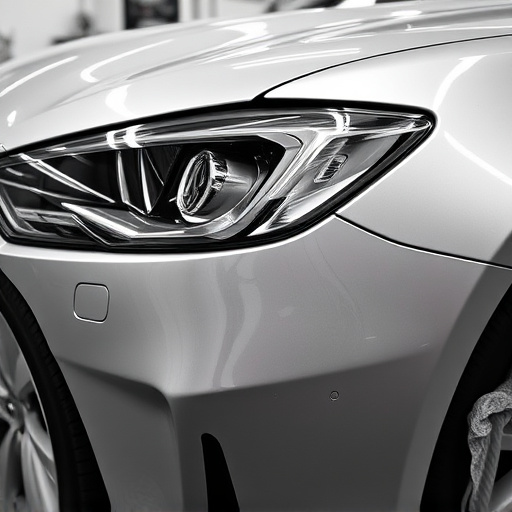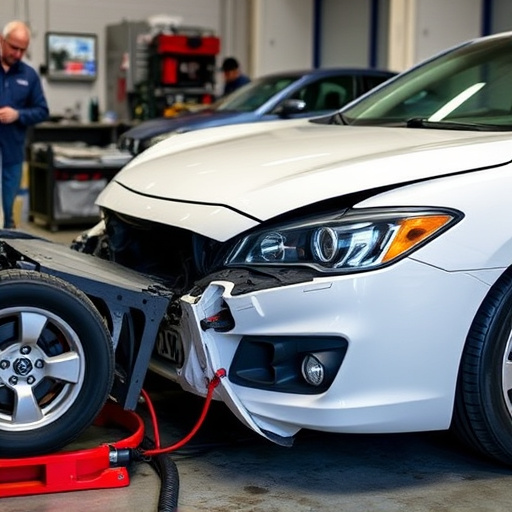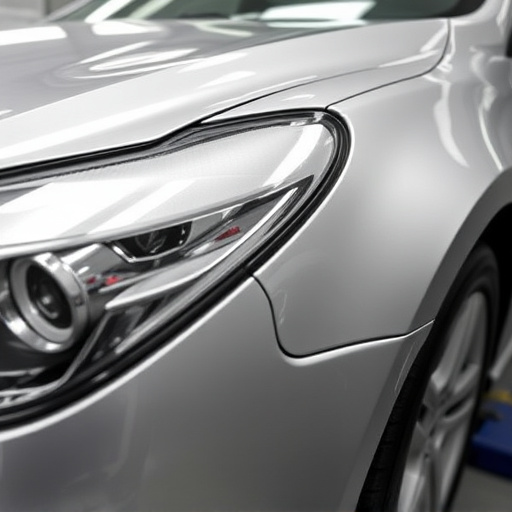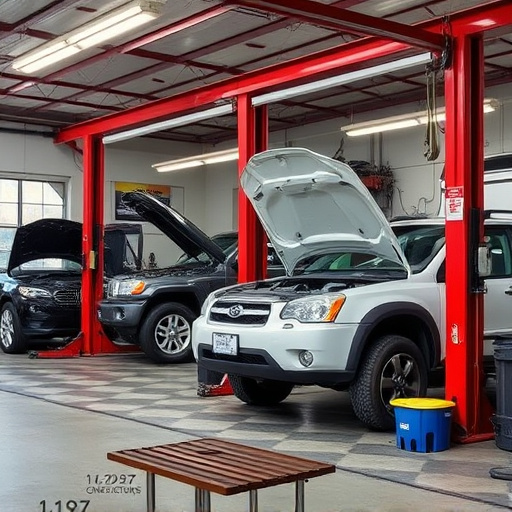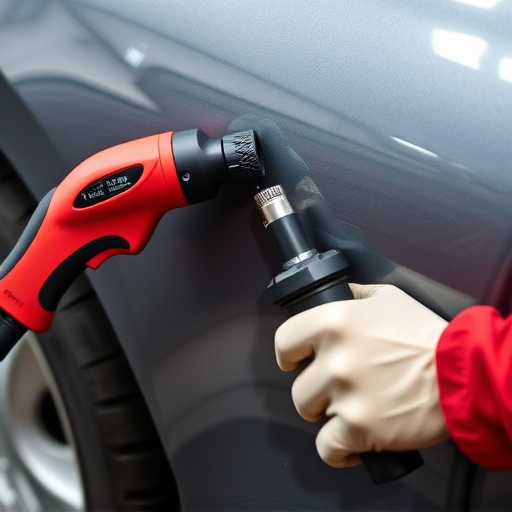Resistance spot welding (RSW) is a critical process in automotive manufacturing, utilizing electrical resistance to fuse metal components for robust, permanent bonds. It plays a pivotal role in constructing car body panels, enhancing crash performance, and enabling the production of lightweight, innovative designs. The automotive industry adopts RSW for its sustainability benefits: reduced weight, fuel consumption, emissions, material waste, and production costs. Its precision and reliability translate to higher-quality vehicles with potential cost savings on damage repair, making it an eco-friendly, cost-effective choice aligned with global sustainability goals.
- Understanding Resistance Spot Welding: A Key Process in Automotive Manufacturing
- How RSW Improves Vehicle Safety Features and Structural Integrity
- The Environmental and Economic Benefits of Resistance Spot Welding in the Automotive Industry
Understanding Resistance Spot Welding: A Key Process in Automotive Manufacturing
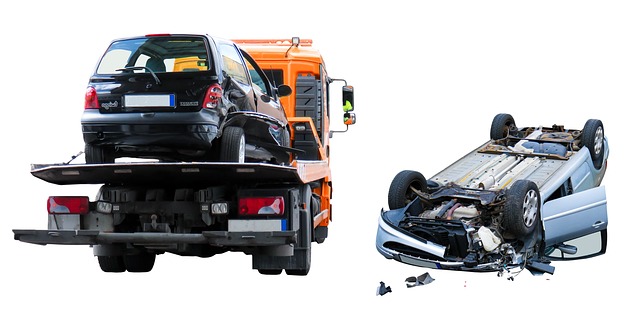
Resistance spot welding is a specialized technique that has become an indispensable process in automotive manufacturing. It involves applying precise electrical resistance to specific points on metal components, causing them to melt and fuse together. This method ensures strong, permanent bonds between various parts of a vehicle, from chassis and panels to intricate interior components. Its significance lies in its ability to create seamless joints, enhancing structural integrity and the overall safety of motor vehicles.
In the realm of vehicle construction, resistance spot welding plays a pivotal role in forming and joining car body panels, ensuring they withstand collision repair services and maintain their structural stability. This technique is particularly valuable for creating complex geometries and tight radii, contributing to both lightweight designs and improved crash performance. As automotive manufacturing continues to evolve, resistance spot welding remains at the forefront of fostering innovation, enabling the creation of safer, more robust vehicles through meticulous metal joining.
How RSW Improves Vehicle Safety Features and Structural Integrity

Resistance spot welding (RSW) plays a pivotal role in enhancing the safety features and structural integrity of modern vehicles. This precise and efficient joining technique ensures that components such as chassis, body panels, and frames are securely fastened together. The result is a robust and lightweight structure, which not only improves vehicle performance but also boosts safety standards.
In an auto body shop, RSW offers advantages over traditional welding methods, especially in intricate car bodywork applications like those found in premium brands like Mercedes-Benz repair. Its ability to create strong, compact bonds with minimal heat input allows for more complex designs and material combinations. This is crucial in achieving optimal structural integrity while maintaining the aesthetic appeal of the vehicle’s exterior. By reinforcing key areas, RSW helps absorb and distribute crash energy effectively, thereby improving the overall safety of the car bodywork.
The Environmental and Economic Benefits of Resistance Spot Welding in the Automotive Industry

The automotive industry has witnessed a significant shift towards adopting more sustainable and efficient manufacturing processes, and resistance spot welding (RSW) stands out as a game-changer in this regard. This advanced joining technique offers not only enhanced structural integrity for vehicles but also brings about notable environmental and economic advantages.
By utilizing RSW, automakers can reduce the overall weight of vehicles, which is a crucial factor in lowering fuel consumption and emissions. Traditional welding methods often lead to more material waste, impacting the environment negatively. However, RSW minimizes scrap generation and optimizes material usage. This not only reduces the cost of production but also decreases the environmental footprint, aligning with global sustainability goals. Moreover, the precision and reliability of RSW ensure higher-quality vehicle construction, potentially lowering the need for costly car damage repair and maintenance over time, making it a cost-effective and eco-friendly choice for the industry.
Resistance spot welding (RSW) is a pivotal process in automotive manufacturing, offering enhanced vehicle safety, improved structural integrity, and significant environmental and economic benefits. By efficiently joining metal components, RSW contributes to the overall strength and stability of vehicles, making them safer for passengers and the environment. Its adoption in the industry marks a crucial step towards advanced and sustainable automotive production.
